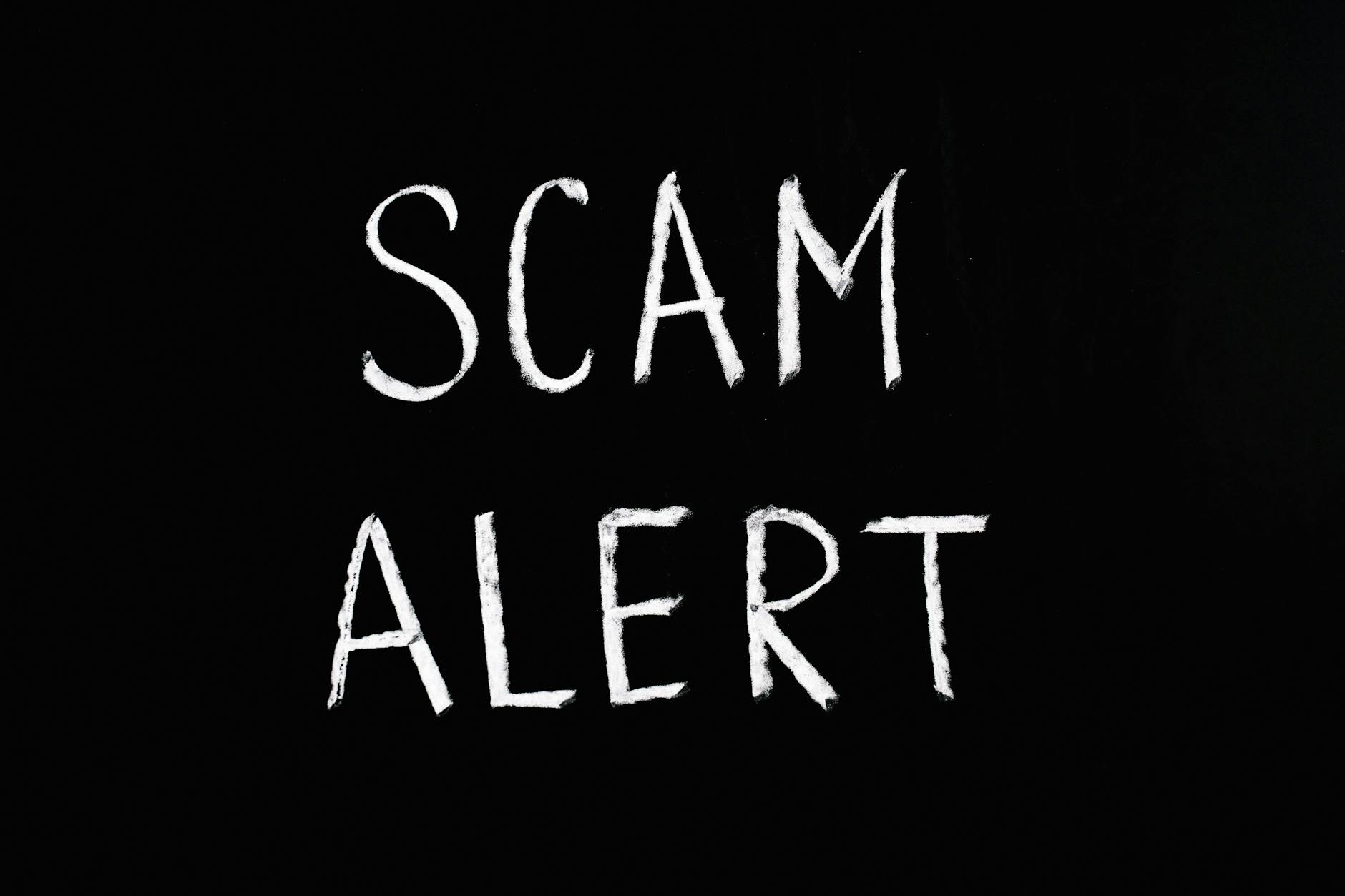Top Loan Defaulters in India
Gitanjali Gems
Fugitive diamantaire Mehul Choksi's Gitanjali Gems company, The Gitanjali Group was one of the world's largest branded jeweler retailers. It has had its headquarters in Mumbai, India.
Gitanjali used to sell its jewelry through more than 4,000 Sales Points and enjoys a market share of more than 50% of India's overall organized jewelry market has top the list of willful defaulters released by the Reserve Bank of India, with Rs 5,492 crore.
Other Choksi companies Gili India and Nakshatra Brands also have written off their Rs 1,447 loans and Rs 1,109 crore loans.
REI Agro
The company has paddy and rice processing units in Bawal, Haryana, which produce Basmati rice.
The company has risen from humble beginnings to hold the largest market share of the Basmati rice segment worldwide, with Rs. 4,314, Jhunjhunwala brother’s REI Agro is already under ED scanner.
Winsome Diamonds
Mehta's Winsome is a Gujarat based, diamond merchant. He owes a consortium of banks more than ~6,500 crore. Winsome was declared a 'witful defaulter' in 2016.
Punjab National Bank Scam
The Punjab National Bank scam refers to the bank's released fraudulent letter of undertaking worth Rs 10,000 crore.
Jeweler and designer Nirav Modi, his maternal uncle Mehul Choksi, and other relatives and some PNB employees were the key defendants in the case. In early 2018, Nirav Modi and his relatives fled India, days before the news of the scam became public. PNB scam has been dubbed the greatest fraud in the history of Indian banking.
How scam happened?
The bankers used fake Letters of Undertakings (LoUs) at the Mumbai branch of PNB's Brady House. The LoU’s were opened for branches of Indian banks to import pearls for a period of one year, for which the guidelines of Reserve Bank of India provide a total period of 90 days from the shipment date.
Overseas branches of Indian banks ignored this guidance. They failed to share any document / information with PNB, which the firms made available to them at the time they obtained credit.
On March 10, 2011, Nirav Modi got his first fraudulent PNB guarantee and over the next 74 months, he managed to get 1,212 more such guarantees.
The Enforcement Directorate (ED) has recovered the bank token devices used by the fugitive diamond trader to transfer the fraudulent funds to foreign dummy companies.
The probe agency found that the devices had been destroyed by Nirav Modi 's brother Nehal Modi, and had even secured a server in the United Arab Emirates (UAE) soon after the scam broke out. The fraudulent PNB LoUs had been received by these dummy firms and were based on British Virgin Island and other tax havens.
Until now, the compliance agency has confiscated movable and immovable assets in the PNB fraud case to the tune of Rs 2362 crore.
Why was management of the Punjab National Bank unaware of this?
PNB employees misused the SWIFT network to forward messages on fund requirements to Allahabad Bank and Axis Bank. While all this was done using SWIFT passwords, the transactions were never recorded in the core system of the bank — hence keeping the management of the PNB in the dark for years.
How did it unfold?
PNB lodged a FIR with CBI on 29 January 2018 stating that on 16 January, fraudulent LoUs worth Rs 2.8 billion (Rs 280.7 crore) were issued for the first time. PNB had named three diamond companies in the complaint, Diamonds R Us, Solar Exports and Stellar Diamonds.
The scam has ballooned to more than Rs. 14,000 crores as of 18 May 2018.

Comments
Post a Comment